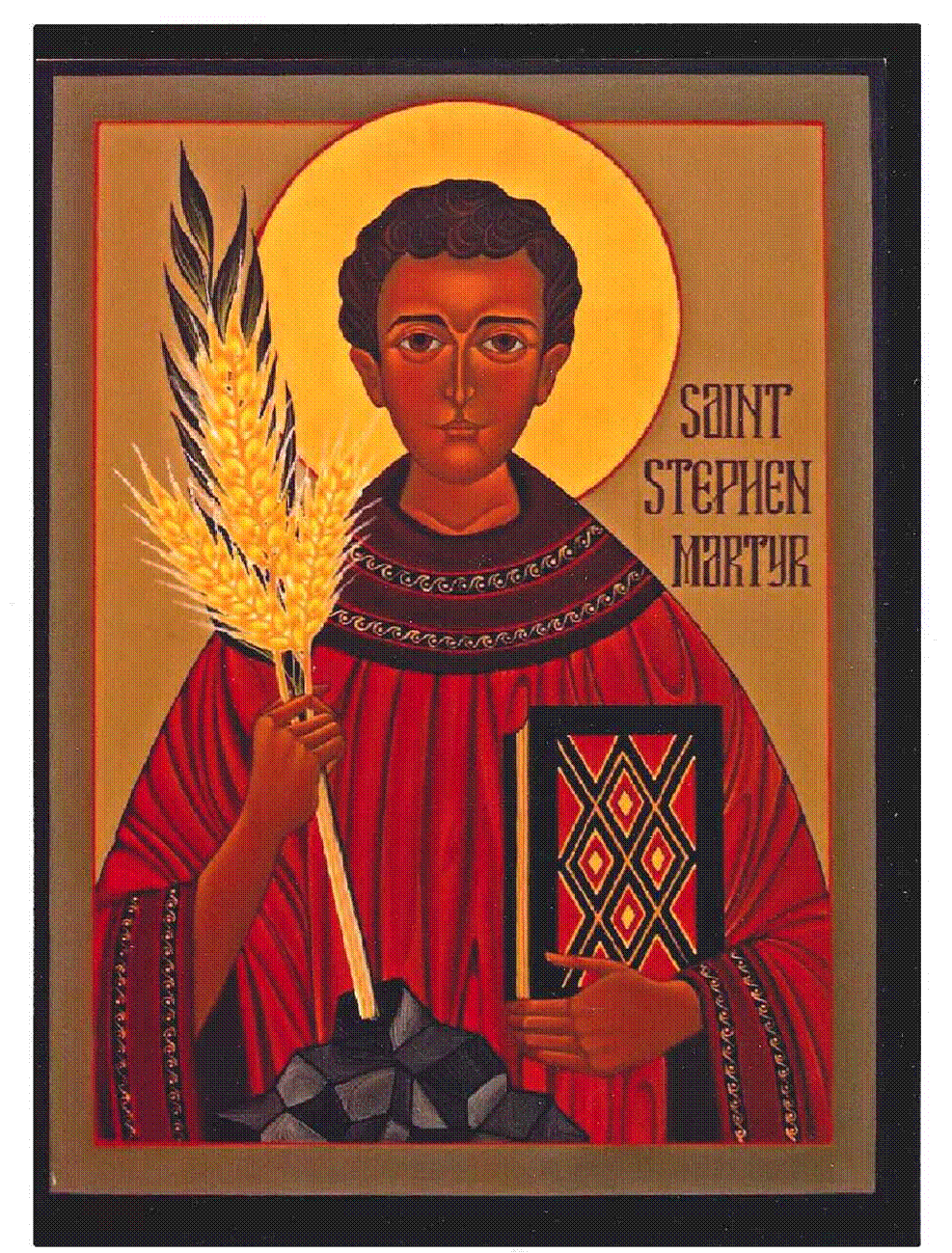Hospitality
- Apr 6, 2022
- 3 min read

This morning I opened my email feed and found a page from Diana Butler Bass, a blogger whose meditations I’ve come to admire more and more. Today she wrote about “hospitality”, a value held dear by every religious tradition. The humanities course I’ve been teaching for a few years now has a “comparative religion” component, and I nodded to recognize the truth of what she was saying. It seems that every religious tradition has its origin in a conflict of some kind: Lutherans are no different; Christians are no different; Judaism is no different. Lutheran Christians and Reformed Christians were in armed conflict with each other in the 16th century; Roman Catholics and protestant reformers have dealt violence to each for generations; Christians and Muslims have a terrible history of conflict, despite Francis of Assisi trying to treat peace between the two, and saying that the Christians were not necessarily good advocates for peace. We remember the record in Acts, before his miraculous, mind-shattering encounter with the risen Jesus, Saul of Tarsus breathing murderous intent towards the followers of “The Way” of Jesus; and while we want to insist that Jesus, our Lord and Savior, is the “Prince of Peace,” when he was arrested at Gethsemane the first of the disciples tried to defend him with violence. The first Sunday in Lent we heard the confession in Deuteronomy that “a wondering Aramaean was my father” to whom, after our flight from bondage, God gave us the land flowing with milk and honey: and yet the biblical record tells us that the land was not simply “given by God” but was claimed and taken as much by brutal, even genocidal, violence by God’s people. I take from the story that God gives God’s gifts to God’s people in spite of our proclivity for violence towards each other, rather than because “we deserve” any gifts that God might have for us.
It seems the more essential that, whether we understand ourselves as Christian, as Jewish, or as Muslim, we take earnestly the story that lies at the common core of our tradition: the story of the hospitality of our parents, Abraham and Sarah. Among these desert tribes, one never knew for certain whether strangers who came to one’s oasis came with generous or hostile intentions. Abraham offered hospitality to three strangers. And it is no surprise that “hospitality” is at the heart of the Torah, which mandates the love for God and the love for one’s neighbor. Diana Bass quotes G. K Chesterton to the effect that, “We make our friends and our enemies; God gives us our neighbors.” And yet, following Martin Luther, Paul Tillich points out that God’s fundamental mandate does not simply advise as to how we are to live; it shows us who, in our heart of hearts, we are. We seem to be hard-wired towards violence, and the violence that seems to be erupting in so many areas of the globe, Ukraine among them, seems to bear witness to that. And yet, the biblical witness is that our essential DNA orients us towards hospitality.
So I’m pleased to see that St. Stephen’s is seeking ways to share the gift of the building that we have inherited from our ancestors by opening it to our neighbors: not simply in the spirit of Christian kindness of offering groceries to those who have a basic need, but also in offering the worship space to neighbors who need, in this increasingly inhospitable time, a place to worship. And not only to share worship: but as Pr. Walters rightly said, to learn from them, and not only to give out of our bounty, but to receive what they have to teach us that we might be mutually enriched by each other.
The Rev. Allen Heggen
































Comments